Exploring effective communication strategies for HOA management teams to enhance collaboration with homeowners and board members.
Introduction:
Effective communication lies at the heart of successful homeowners association (HOA) management. A well-managed HOA not only ensures the smooth functioning of the community but also fosters positive relationships among homeowners and board members. In this article, we will delve into the importance of streamlining communication within HOA management teams and explore best practices to enhance collaboration with homeowners and board members.
Understanding the Challenges:
Before we delve into solutions, it’s essential to recognize the common challenges faced by HOA management teams in the realm of communication. Often, HOAs consist of diverse communities with varying needs and concerns. Communication breakdowns can lead to misunderstandings, delayed decisions, and, in some cases, strained relationships between residents and the board.
In addition, the nature of HOA management involves coordinating with different stakeholders, including homeowners, board members, property managers, and external service providers. Effective communication becomes a critical factor in ensuring that everyone is on the same page and working towards the common goal of a well-maintained and harmonious community.
Best Practices for Streamlining Communication:
Utilize a Centralized Communication Platform:
Invest in a centralized communication platform that facilitates easy and organized information exchange. This could be an online portal, community website, or dedicated software that allows for document sharing, event notifications, and discussion forums.
Establish Clear Communication Protocols:
Define and communicate clear protocols for how information is disseminated and received. This includes guidelines for official announcements, meeting minutes, and the process for homeowners to submit queries or concerns.
Regular Newsletters and Updates:
Develop a regular schedule for newsletters or updates to keep homeowners informed about upcoming events, maintenance schedules, and community news. Consistency in communication builds trust and engagement.
Interactive Town Hall Meetings:
Host regular town hall meetings to provide homeowners with an opportunity to voice their concerns, ask questions, and participate in discussions about community matters. Virtual options can be employed to accommodate diverse schedules.
Utilize Social Media for Outreach:
Leverage social media platforms to enhance outreach efforts. Create official community pages or groups where residents can share information, ask questions, and engage in discussions. Social media can serve as a valuable tool for real-time updates and community building.
Responsive Customer Service:
Implement a responsive customer service system that addresses homeowner inquiries promptly. Whether through email, phone, or an online portal, having a dedicated channel for queries ensures that concerns are acknowledged and resolved in a timely manner.
Embrace Technology for Board Collaboration:
Utilize technology tools that facilitate collaboration among board members. Online project management platforms, shared calendars, and video conferencing tools can enhance the efficiency of board meetings and decision-making processes.
Provide Educational Workshops:
Organize workshops or webinars to educate homeowners about the HOA’s functioning, rules, and expectations. Informed homeowners are more likely to actively participate and contribute positively to the community.
Feedback Mechanism:
Establish a formal feedback mechanism that encourages homeowners to share their thoughts on proposed changes, community initiatives, or ongoing projects. This fosters a sense of inclusivity and demonstrates the HOA’s commitment to listening to the concerns of its members.
Transparent Financial Reporting:
Implement transparent financial reporting practices, making financial statements easily accessible to homeowners. Clear financial communication helps build trust and ensures that residents understand how their fees contribute to the community’s well-being.
Conclusion:
In conclusion, effective communication is the cornerstone of successful HOA management. By adopting these best practices, HOA management teams can streamline communication, enhance collaboration with homeowners and board members, and cultivate a thriving and harmonious community. A proactive approach to communication not only addresses challenges but also strengthens the foundation of a well-managed and engaged homeowners association.
Epilogue:
This writing is posted by Freeland Painting in Suwanee, GA for purposes of education and marketing. If you would like more information about our company or our services, please click on the links provided or call us at 678-679-3126 to schedule an estimate for services.


